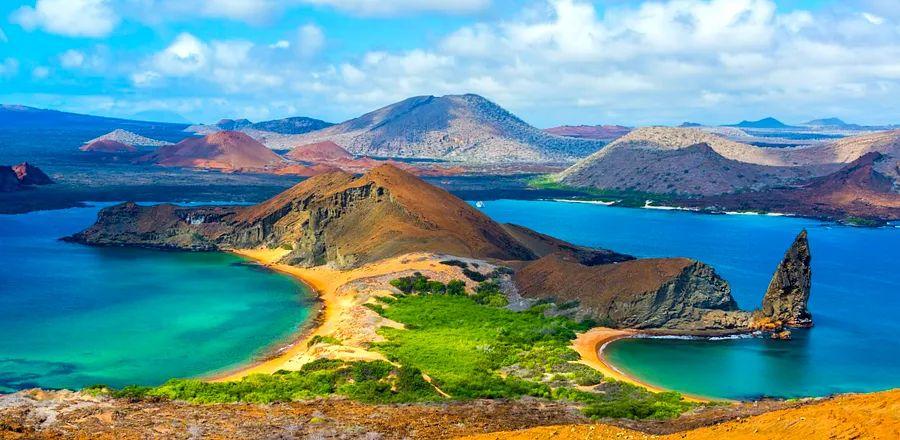Can I Travel Without Guilt While Experiencing Climate Anxiety?

As a family of five, we are highly aware of our carbon footprint. We feel a sense of urgency to witness vanishing species and natural wonders, yet we grapple with the dilemma of visiting vulnerable areas and potentially worsening the situation. We are eager to show our children what’s at stake if we don’t take action against climate change, while acknowledging our collective responsibility. What are your thoughts on this?
Thank you for your question; I can relate to your struggle. Regardless of how we view it, travel does contribute to carbon emissions and exacerbates the ongoing climate crisis. Two truths coexist: our individual choices have significance, and the climate crisis itself is far greater than any choice we might make. Even if we skip a trip occasionally, opt for train travel instead of flying, or extend our stays to enhance our experiences, we remain part of the problem.
I approach the climate crisis much like I do the issue of living in an inequitable world: I wish to avoid existing amidst inequality and its accompanying suffering, yet here we find ourselves. Nearly every aspect of our lives is intertwined with inequity—our dietary choices, the neighborhoods we choose, and our modes of travel. Our decisions are not neutral; they affect us in different ways. Those with privilege may pause to question their upcoming travel plans: “Should we go?” Meanwhile, those who suffer the brunt of climate change must confront the harsh reality of their living situations: “Should we leave?” This disparity feels profoundly unfair and hard to comprehend.
Our worries about the changing climate highlight our deep connection to the planet, its inhabitants, and ecosystems. However, what occurs when that worry transforms into obsession? The rapid pace and severity of the climate crisis can lead to a constant state of anxiety that begins as soon as we wake and intensifies with every piece of news. Yet, this perpetual state of distress doesn’t actually benefit the endangered insects, fish, mammals, or forests. Our feelings of concern can themselves become a harmful comfort zone, confining us within its limits and draining us of diversity, vibrancy, and joy.
I’m not suggesting you overlook the issues at hand. Instead, reconnect with the reasons you wanted to travel in the first place. Your yearning for adventure reflects a desire for collective learning and a commitment to important issues as a family. These principles provide a wonderful opportunity to introduce significant global topics to your children, fostering open discussions about our roles and responsibilities on this planet. What an excellent foundation for them!
These principles also underpin your family’s climate justice activism, which doesn’t have to be expressed solely through travel. Should you be visiting vulnerable environments? That’s debatable. What’s clear is that when we feel compelled to check off endangered species and fragile ecosystems from our bucket list, it’s worth reflecting on how urgency, competition, and a desire for uniqueness might unconsciously drive us. Practicing mindfulness can help us return to our core values, serving as both a strategy and a form of resistance against the overwhelming negative news cycle. If you do choose to visit delicate areas, are there ways to engage responsibly or improve our approach?
I recognize that I can’t tackle the climate crisis alone. Additionally, when we are overwhelmed with guilt and anxiety, we become less effective in our decision-making and advocacy. For me, consciously focusing on appreciating and deepening my values in creative ways feels like an act of defiance. Your family’s curiosity seems special; nurture it by remembering that there are various ways to learn, amplify our voices, and effect change. Sometimes, this will involve traveling to distant places; other times, it may not require going far at all.
Unpacked is Dinogo’s advice column. Once a quarter, Dr. Anu Taranath addresses an ethical dilemma posed by a reader. If you have a question you’d like considered, please send it to [email protected].

1

2

3

4

5
Evaluation :
5/5